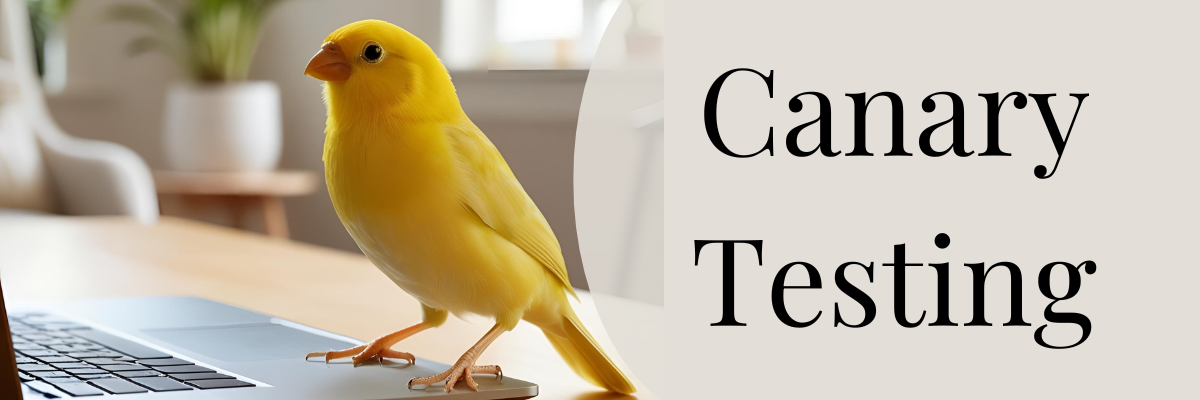In the realm of personal and professional development, impostor syndrome is a familiar adversary to many. It’s that nagging feeling of self-doubt, the persistent fear of being exposed as a fraud despite evidence of competence and accomplishment. But what if I told you that this seemingly negative force could be reframed as a catalyst for growth and self-improvement? Let’s delve into the complexities of impostor syndrome, exploring its nuances, its impact, and ultimately, how we can harness its power to our advantage.
Understanding Impostor Syndrome
Impostor syndrome, simply put, is the persistent belief that one’s success is undeserved and the fear of being exposed as a fraud. Despite external evidence of competence, individuals grappling with impostor syndrome often feel like they’re “winging it” or are mere impostors in their roles. This phenomenon can manifest across various domains of life, from academia and career to personal relationships.
What Does Imposter Syndrom Feel Like?
Imagine standing on a stage, delivering a speech to a crowd of expectant faces. Despite meticulous preparation and expertise in your subject matter, there’s a voice in the back of your mind whispering, “You don’t belong here. They’ll find out you’re a fraud.” It’s the sensation of constantly second-guessing yourself, downplaying your achievements, and attributing success to luck rather than skill or effort.
Examples abound in the professional world. Take Sarah, a talented graphic designer who recently landed her dream job at a renowned agency. Despite glowing feedback from clients and colleagues, she can’t shake the feeling that she’s not as talented as her peers. Or consider James, a seasoned software developer who constantly worries that his coding abilities pale in comparison to his colleagues’, despite consistently delivering high-quality work.
The Benefits of Impostor Syndrome
Surprisingly, impostor syndrome isn’t all bad. In fact, it can serve as a powerful motivator for self-improvement and growth. Those grappling with impostor syndrome often possess a relentless drive to learn more, hone their skills, and seek a deeper understanding of their craft. This perpetual quest for knowledge and mastery can fuel innovation, creativity, and professional development.
Navigating Setbacks
However, unchecked impostor syndrome can lead to a host of setbacks, from burnout and anxiety to missed opportunities for advancement. So, how can we mitigate its negative effects and harness its potential for growth? Firstly, it’s essential to cultivate self-awareness and recognize when impostor syndrome rears its head. By acknowledging and naming these feelings, we can begin to challenge their validity and reframe them in a more constructive light.
Secondly, seek support from mentors, peers, or a trusted network. Sharing your experiences with others can provide perspective, validation, and reassurance that you’re not alone in your struggles. Additionally, practice self-compassion and celebrate your achievements, no matter how small. Remember, nobody achieves success in isolation, and it’s okay to acknowledge your accomplishments and hard work.
Balancing Confidence and Learning
Ultimately, striking a balance between confidence and a growth mindset is key to navigating impostor syndrome. Embrace the fact that we’re all works in progress, constantly learning and evolving in our respective fields. Those who exude confidence aren’t necessarily immune to self-doubt; they’ve simply learned to channel it into a driving force for continuous improvement.
So, the next time you find yourself grappling with impostor syndrome, remember that it’s not a sign of incompetence but rather a testament to your ambition and drive for excellence. Embrace the discomfort, lean into the learning process, and trust that you’re capable of overcoming any obstacle that comes your way. After all, it’s the journey of growth and self-discovery that ultimately defines our success as individuals.





